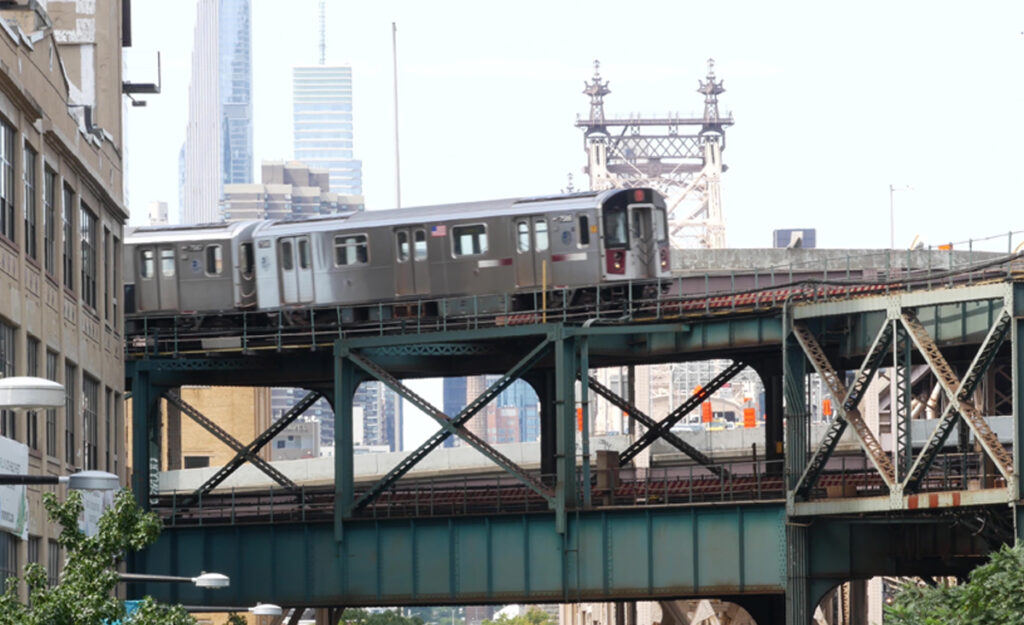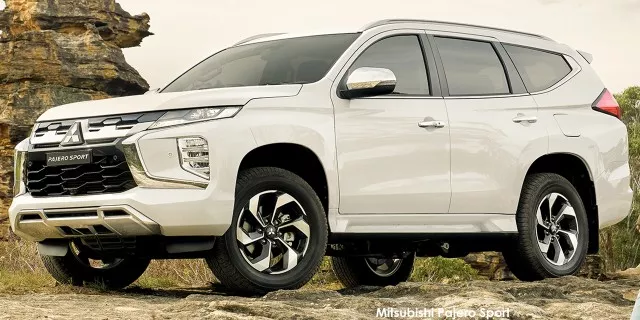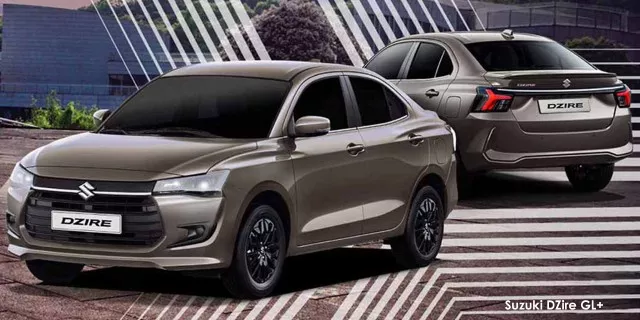South Africa’s longest suspension bridge right now – and the one that will overtake it in 2025

The Nelson Mandela Bridge has enjoyed a good 21 years of being the longest cable-stayed suspension bridge in South Africa, but it is soon to be overtaken by the new Msikaba Bridge.
The Nelson Mandela Bridge in Joburg was opened in 2003 and measures some 284m long and 176m tall with two traffic lanes, a bicycle path, and two pedestrian walkways.
It connects the areas of Braamfontein and Newtown, carrying vehicular traffic over the bustling Johannesburg Park Station.
According to Road Traffic Technology, the Nelson Mandela Bridge was conceptualised to restore the inner city of Johannesburg with the initial designs for the structure being presented in early 2001.
Ground broke on September of that same year, and by July 2003, the first vehicles were using the passage.
Construction of the bridge required 4,000m³ of concrete and 1,000 tonnes of structural steel.
In addition, 500 tonnes of reinforcing steel was cast into the concrete for added integrity.
The total expenditure on the Nelson Mandela Bridge was estimated at a relatively cost-effective R120 million.
An honourable mention, the Hennie Steyn Bridge in Bethulie, Free State is the longest bridge in South Africa, period.
It was opened to traffic in March 1879 and measures an astounding 1,152 metres.
Msikaba
The Msikaba Bridge is part of the National Roads Agency’s (Sanral) flagship N2 Wild Coast Road Project and is expected to be completed in the first half of 2025 provided there are no further delays.
Once up, it will usurp the accolade of the longest suspension bridge in the country at a total length of 580m – over two times that of the Nelson Mandela Bridge.
The structure spans the Msikaba gorge and river located near the town of Lusikisiki in the Eastern Cape.
The R1.7-billion project has suffered delays due to the unavailability of cable in the local market which required that it be imported from overseas suppliers, as well as challenges related to the complexity of the engineering, said Sanral.
However, it has brought significant opportunities for EC communities, requiring 44 local suppliers, 48 service providers, and 61 subcontractors to the tune of R665.6 million.
Additionally, over R115 million in wages has been paid, while R76 million has been spent on “generic and community training to fulfill the specific needs of the community.”
When completed, the Msikaba Bridge will significantly shorten travel times for vehicles driving from the Eastern Cape to KwaZulu-Natal, with the current road consisting of an 80km inland diversion passing Kokstad.









